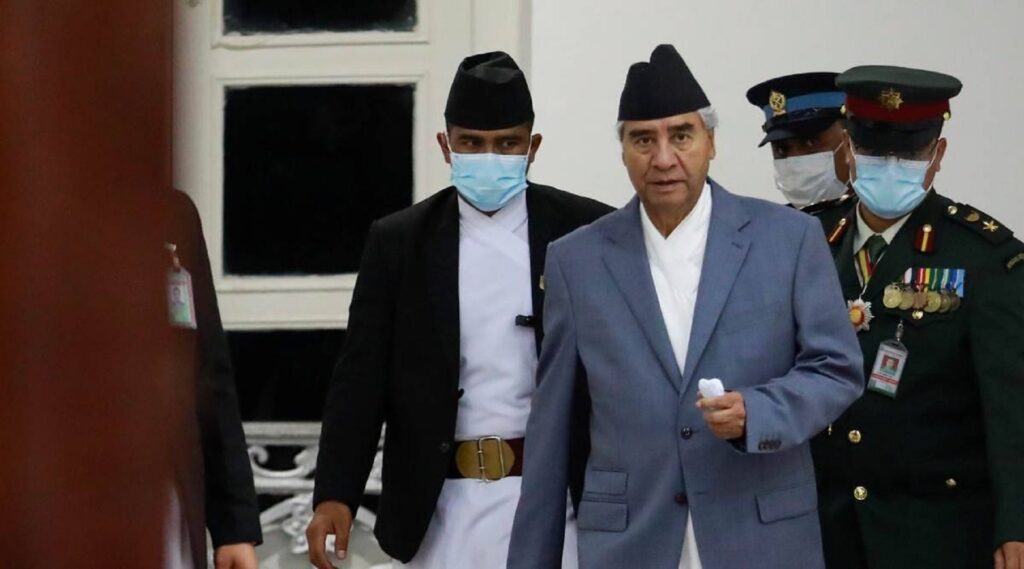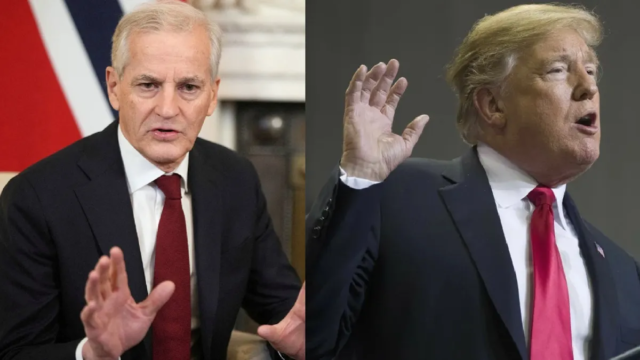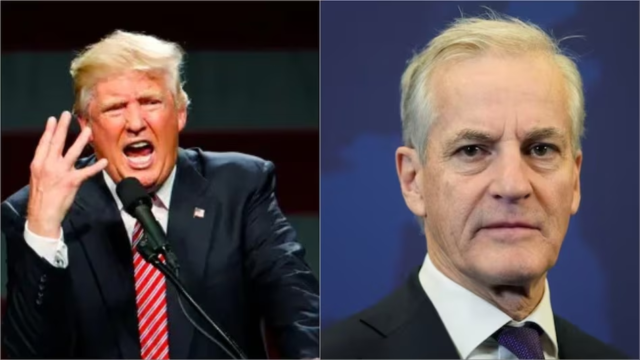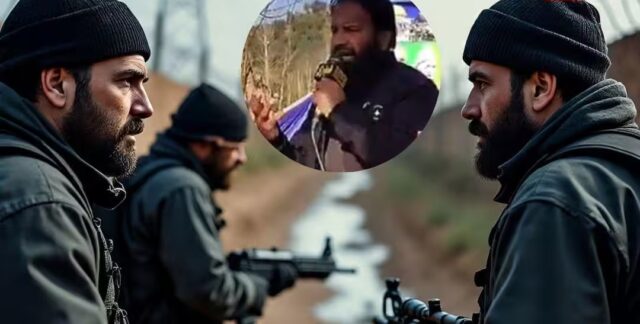Nepal: नेपाल में सियासी जोड़तोड़ का दौर, सौदेबाजी में जुटी हैं सियासी पार्टियां

There is a growing possibility of political instability in the country due to no coalition getting full majority in the parliamentary general elections of Nepal. According to media reports, all big and small parties are holding backroom talks with the aim of forming the government and bargaining for themselves in it.
Ravi Lamichhane, the leader of the Rashtriya Swatantra Party (RSP), the fourth largest party, has said he is keeping his options open. Lamichhane was a TV star who created RSP. To the surprise of all, this party has got a big success in this general election.
Like the RSP, the Rashtriya Prajatantra Party has so far kept mum on the question of supporting any party or alliance. Party leader Mohan Shrestha has said- ‘If such a situation arises in which it is not possible to form the government without our support, then we will consider it.’
The Janata Samajwadi Party has also indicated that it is ready to join any party or alliance. This party had an electoral alliance with the Communist Party of Nepal (UML). But party leader Upendra Yadav, talking to reporters, said that with the end of the election, the utility of the electoral alliance has ended. He said- ‘We supported him in some constituencies. In return they supported us in some areas. This chapter ends as soon as the elections are over. Now we will think afresh about the way forward
Two more new parties have emerged in this election. These are Janmat Party and Civil Liberation Party. It is said that these two parties are in contact with all the big parties. According to observers, the big party or alliance from which they will get better offer, they will lean towards it.
The coalition led by the Nepali Congress has made a public pledge to remain united. If this alliance of five parties is kept on this promise, then it will have to collect only three seats to form the government. He will be able to do this by taking along one or two small groups. But the Nepali Congress is worried because of the ongoing discussions that the Communist Party of Nepal (Maoist Centre), the second largest party in the alliance, is still in touch with the UML. According to observers, Maoist Center leader Pushpa Kamal Dahal is playing the game of becoming the prime minister.
Votes were cast on 20 November for the general election to the House of Representatives, the lower house of the Parliament of Nepal. There are 275 seats in this House. The parties involved in the ruling coalition got 136 seats together. In such a situation, if the coalition remains united, the possibility of forming its government is strong.
Political analyst Jhalak Subedi told the newspaper Kathmandu Post that the UML has got the mandate to play the role of a strong opposition. But at present the atmosphere is such that all parties are looking for a chance to come to power.







